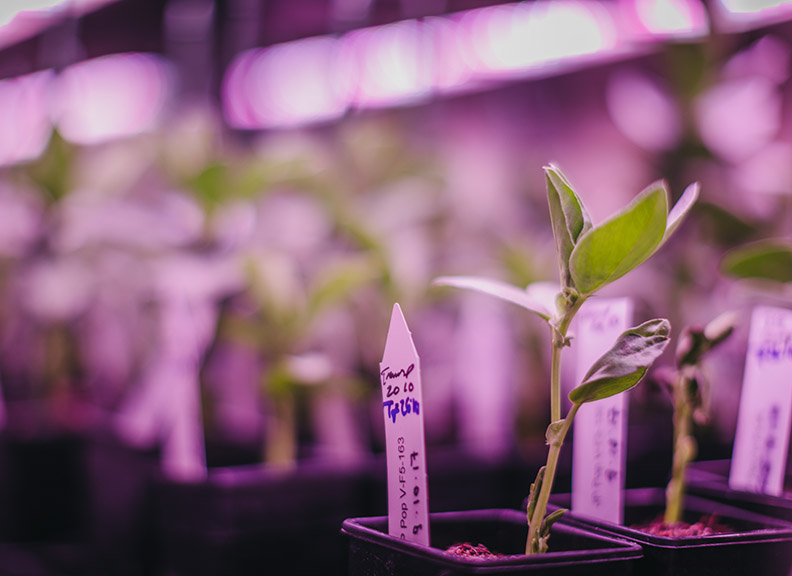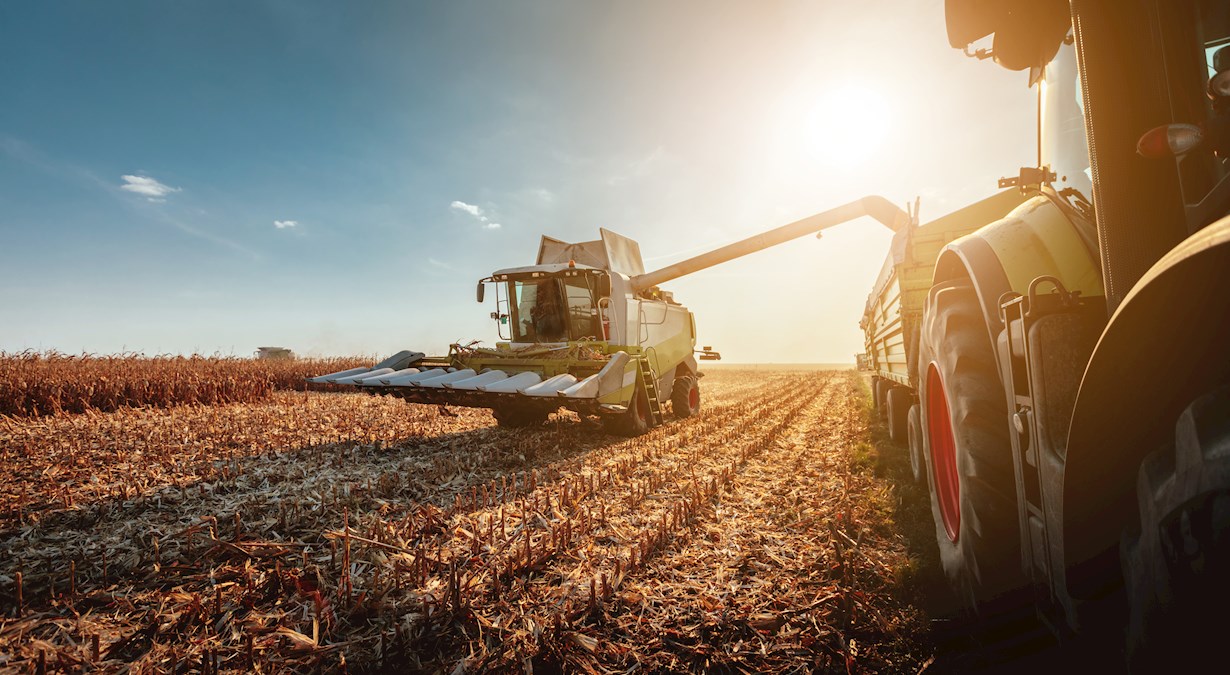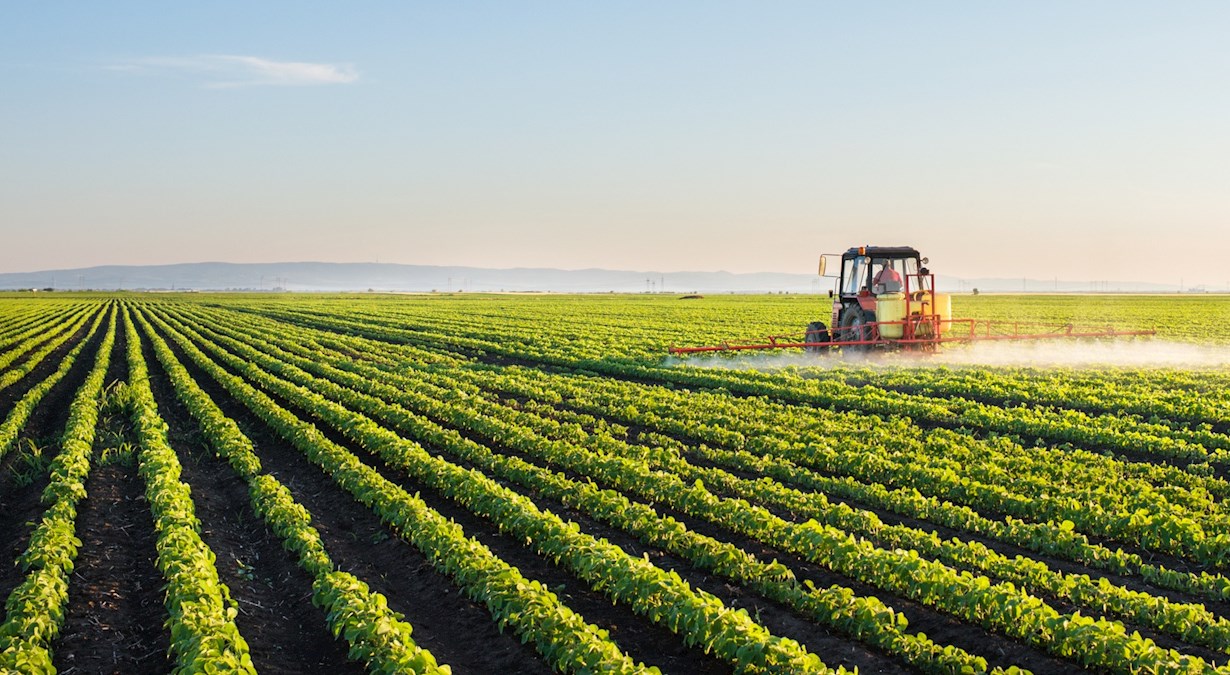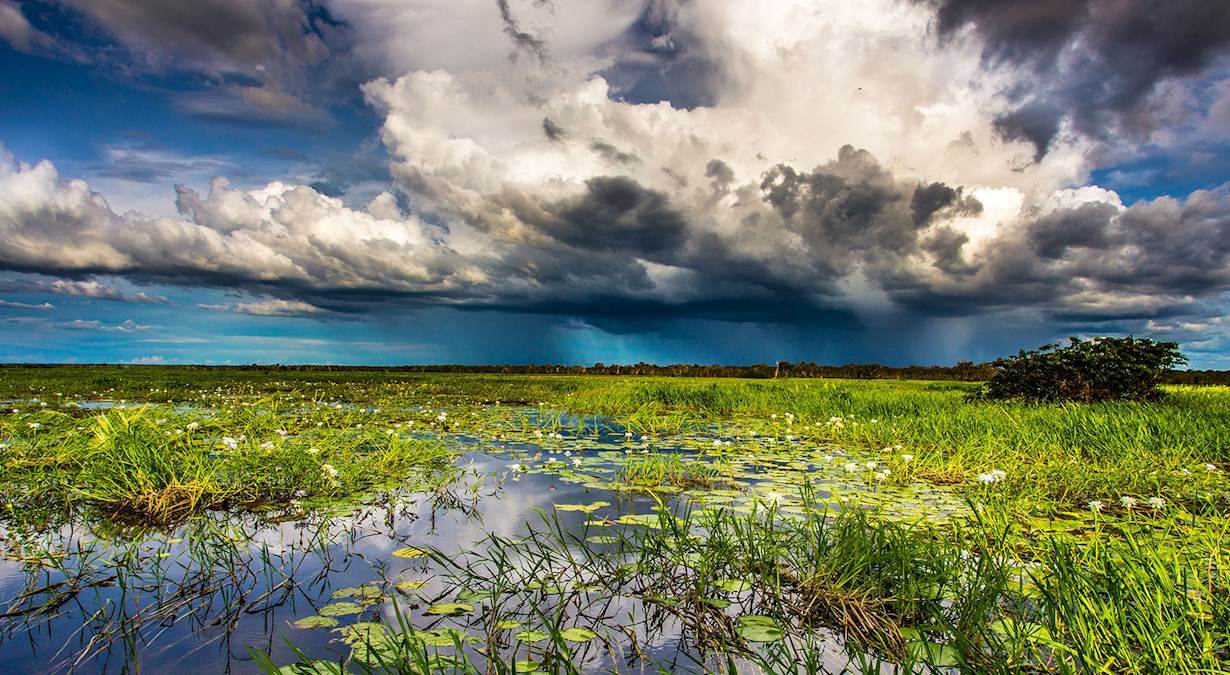Agricultural, Environmental and Biological Sciences Masterclasses
Join UWA experts for a series of free masterclasses on topics related to agricultural, environmental and biological science.
Masterclass schedule
Advances in technology and science are transforming our world at an incredible pace. Hear how we are tackling global, regional and local issues, from food security to restoring and maintaining balance in our natural environment.
Wednesday October 14 – 4pm (AWST) Authenticating honey from the apiary site to shelf
‘Paddock to plate’ is the mantra for tracing the authenticity of agriculture produce. For honey, the paddock is difficult to define; honey bees cannot be fenced so their forage is diverse bush and their range is defined by weather conditions and available flora.
Join Dr Liz Barbour and Dr Bryan Boruff from The University of Western Australia as they explain the science behind the new system the Cooperative Research Centre is developing to ensure all Australian honey is authenticated by state and region.
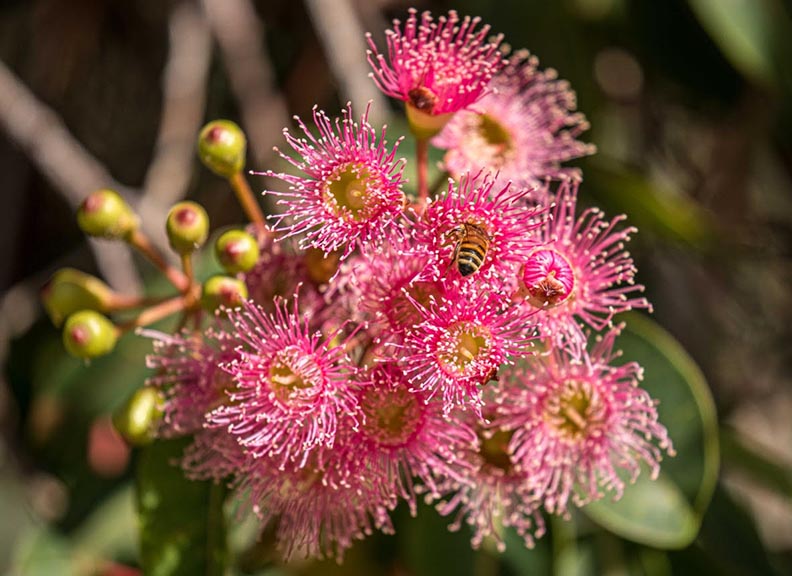
- About Dr Liz Barbour
-
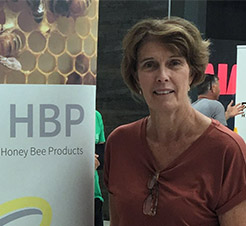
Dr Liz Barbour – [email protected]
Liz Barbour is the CEO of the Cooperative Research Centre for Honey Bee Products, which has been running for just over three years. Within the Centre, there are more than thirty projects focused in four programs: apiary sites; honey chemistry; honey-bee health; and traceability and marketing. A major deliverable to the industry is the establishment of a Honey Assurance System that links the Australian flora to the honey-bee product on the shelf.
- About Dr Bryan Boruff
-
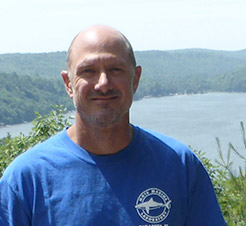
Dr Bryan Boruff - [email protected]
Bryan Boruff is an environmental geographer and Associate Professor in the School of Agriculture and Environment, and the Department of Geography and Planning at The University of Western Australia. An expert in applying Geographic Information Systems and remote sensing to a range of environment-management issues, over the past decade, Bryan has conducted policy-relevant environmental research focused on human health, sustainable development, renewable energy and agricultural production. This body of work has contributed to the advancement of GIS and RS technologies in the fields of population health, planning, international development, and environmental science.
Wednesday October 28 – 7.30pm (AWST) The role of agricultural and environmental biotechnology for a sustainable future
The protection of genetic resources in agriculture is an important aspect of biodiversity conservation. With the climate emergency exacerbating natural disasters, we have a very short time to catalogue and record unique biodiversity. Recent advances in DNA sequencing and gene editing technology have ushered in a new era of agricultural and environmental biotechnology.
Join Associate Professor Parwinder Kaur from The University of Western Australia as she explains how understanding and adapting genetic networks can lead to increased food production, yield quality and iron content in crops to feed future generations.
- About Associate Professor Parwinder Kaur
-
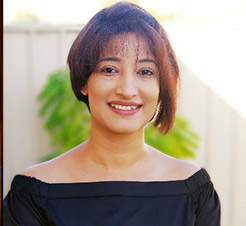
Associate Professor Parwinder Kaur – [email protected]
Parwinder Kaur leads an innovative Translational Genomics research program that aims to translate fundamental science into ready-to-use solutions across the agricultural and medical sectors. Her DNA Lab team enables research to span the spectrum of scientific activities beyond the traditional ‘Lab-to-Landscape’ model, using new age technologies such as CRISPR, and single-cell and 3D genomics. With DNA Zoo Australia, she is on a mission to provide genomic empowerment to unique Australian biodiversity, facilitating conservation efforts for the threatened and endangered species.
Wednesday November 4 – 1pm (AWST) Carbon farming to combat climate change
Globally, the agricultural sector is exposed to acute risks from climate-change impacts through reduced rainfall, temperature changes, and extreme weather events. In Australia, the Federal government has identified ‘carbon farming’ as a potential way to reduce climate-change risks.
Associate Professor Marit Kragt from The University of Western Australia will showcase studies from Australia and Norway to demonstrate how different agricultural management practices can reduce greenhouse gas emissions and store carbon in soils or vegetation. She will discuss the costs and benefits of such practices for farmers and society.
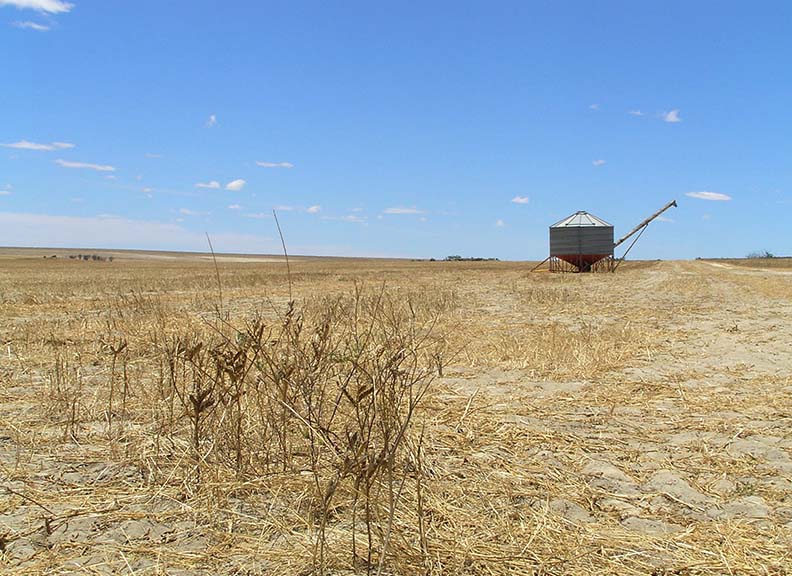
- About Associate Professor Marit Kragt
-
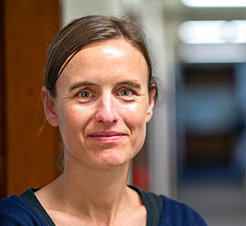
Associate Professor Marit Kragt – [email protected]
Marit E. Kragt is an Agricultural and Resource Economist at The University of Western Australia School of Agriculture and Environment, and inaugural Director of the Centre for Agricultural Economics and Development. Her research focuses on farming systems analysis, climate change mitigation in agriculture, and improving natural resource management decisions in agri-environmental systems. More recently, her work has addressed questions around mine-site rehabilitation and post-mining land use. Marit has an interdisciplinary background, with degrees from Wageningen University and the Australian National University. She has published more than 60 peer-reviewed academic publications and is an expert on interdisciplinary research and non-market economic valuation.
Wednesday November 11 – 1pm (AWST) Solving global problems using remote sensing
Since Landsat was launched in the 1970s, many global problems have been answered using remote sensing and spatial data. This technology has demonstrated how human development and a changing climate is impacting ecosystems and economies, and there is global demand for people skilled in spatial analytics and remote sensing who can understand, use and manipulate spatial and remotely sensed data to answer the big questions.
Join Associate Professor Nik Callow from The University of Western Australia to understand the critical advances in drone technology, cloud computing platforms and nanosatellites; how and where the boundaries are being pushed; and where the jobs of tomorrow are.
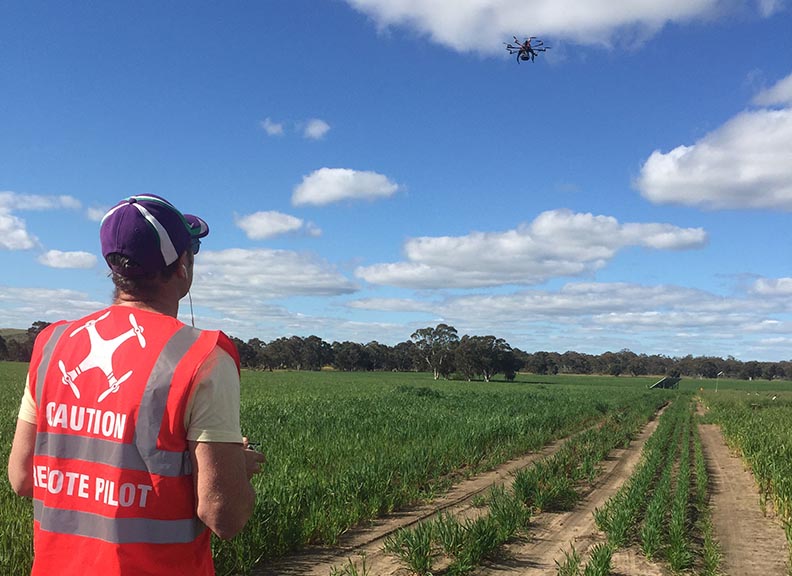
- About Associate Professor Nik Callow
-
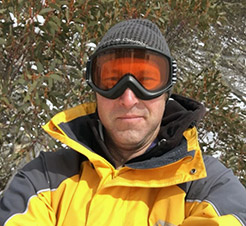
Associate Professor Nik Callow – [email protected]
Nik Callow is a lecturer and researcher in Physical Geography across the areas of hydrology, geomorphology, Geographical Information Science (GIS) and remote sensing at The University of Western Australia. His research is collaborative with industry partners from across mining, agriculture, utilities, and government sectors, and is focused on advancing physical geography and our understanding of Australian landscape processes.
Nik is the Chief Remote Pilot for UWA (CASA.ReOC.0628), holding the institutional Remote Operators Certificate (ReOC) from the Civil Aviation Safety Authority (CASA). This directly links with his establishment and management of the UWA Remotely Piloted Aerial Sensing Platform. He holds a BSc (Hons) and PhD (2007) in Geography from The University of Western Australia, and Graduate Certificate of Higher Education from The University of Queensland.
Our research
We are a research intensive school that spans the broad disciplines of Agricultural and Resource Economics, Agricultural Science and Environmental Science.

